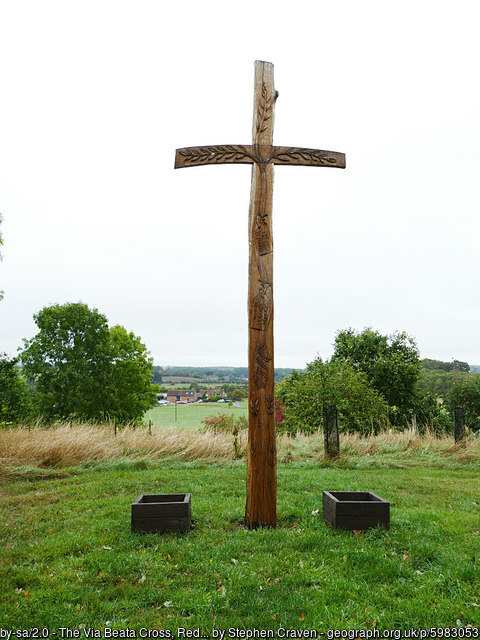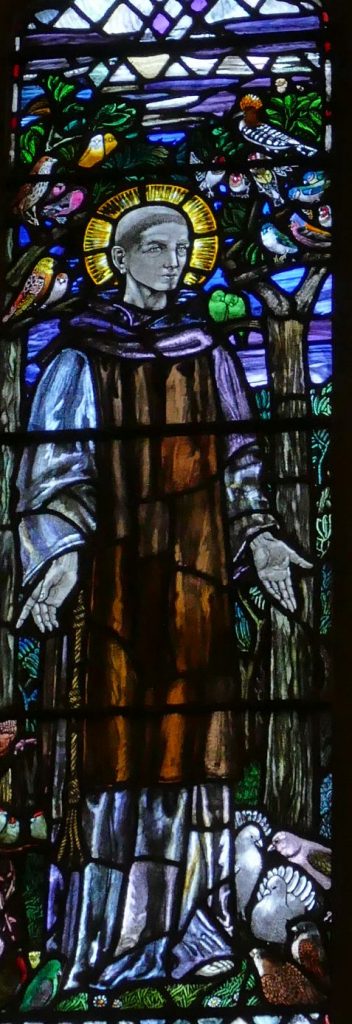
Image Credit: Canada-France-Hawaii Telescope/Coelum
Today’s hymn from Sing Praise is “Let all creation dance”, by Brian Wren. Full words and music here. It’s set to the tune better known to the words “Ye holy angels bright”, and has vaguely the same theme of all creation praising God, although the emphasis here is on the non-human aspects of creation.
The ancient concept of the stars being mere pinpricks of light in the dome separating us from heaven has of course been replaced by an ever-changing understanding of a vast universe of unceasing action and awesome energy. That is reflected in Brian’s words: “let all creation dance in energies sublime, as order turns with chance unfolding space and time” and later “expanding starry swirls, with whirlpools dense and dark”.
The balance of “order turning with chance” is important: neither a deterministic God who ordained every movement in precise detail, nor one who leaves everything to random forces, is a satisfactory concept of the creator whom we worship. There are indeed ‘rules’ or ‘laws of nature’ (though every time we think we have them wrapped up, some new discovery seems to force scientists to rethink their models) but to deny God the power to direct the course of events as we go along is to belittle him.
Verse three focuses on “our own amazing earth” with “life’s abundant growth in lovely shapes and forms”, but also described as “a fragile whole”, which is another growing understanding we have of how we are disturbing the delicate balance of ecosystems. Verse four turns back on us, the singers, urging us to “lift heart and soul and voice” in praise of Christ and his re-creation of all things. The more that we find the universe to be infinite, complex and “queerer than we can suppose” (JBS Haldane), the less outrageous the claim seems to be that Jesus not only rose alive from the dead and then vanished into thin air, but will come back to intervene in a much bigger way when “nature shall rejoice as all is made complete”.

